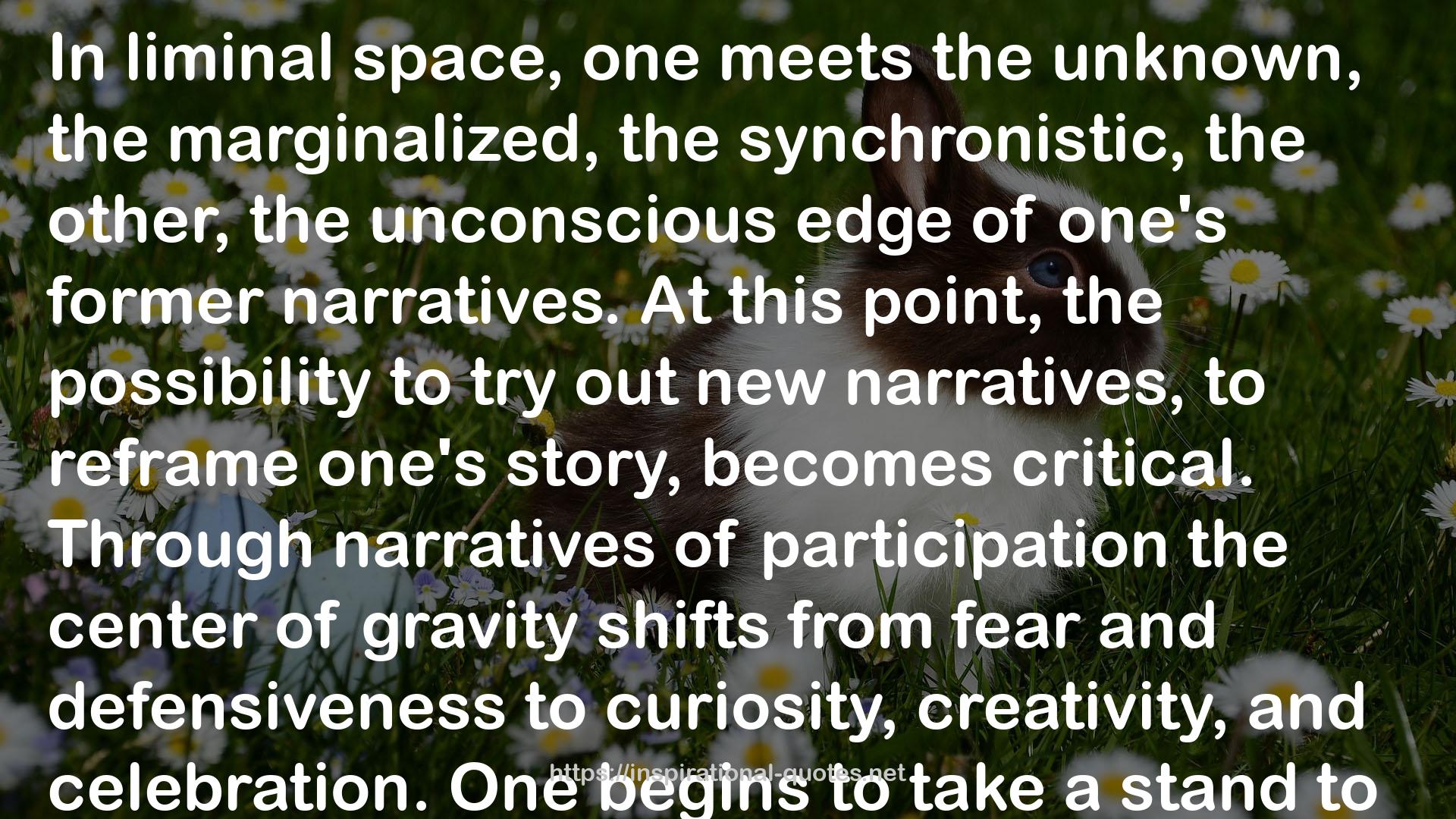Toward Psychologies of Liberation QUOTES
SOME WORKS
- Conflicted Hearts: A Daughter's Quest for Solace from Emotional Guilt
- Dissociation in Children and Adolescents: A Developmental Perspective
- Aced (Blocked #2)
- The Other Side Of A Mirror
- A Fractured Mind: My Life with Multiple Personality Disorder
- The Blade Artist (Mark Renton, #4)
- A Shattered Soul
- A Shimmer Of Hope: A deeply personal and courageous account of one woman's battle with multiple personalities
- Diagnostic and Statistical Manual of Mental Disorders
- Born to Rule: Five Reigning Consorts, Granddaughters of Queen Victoria

